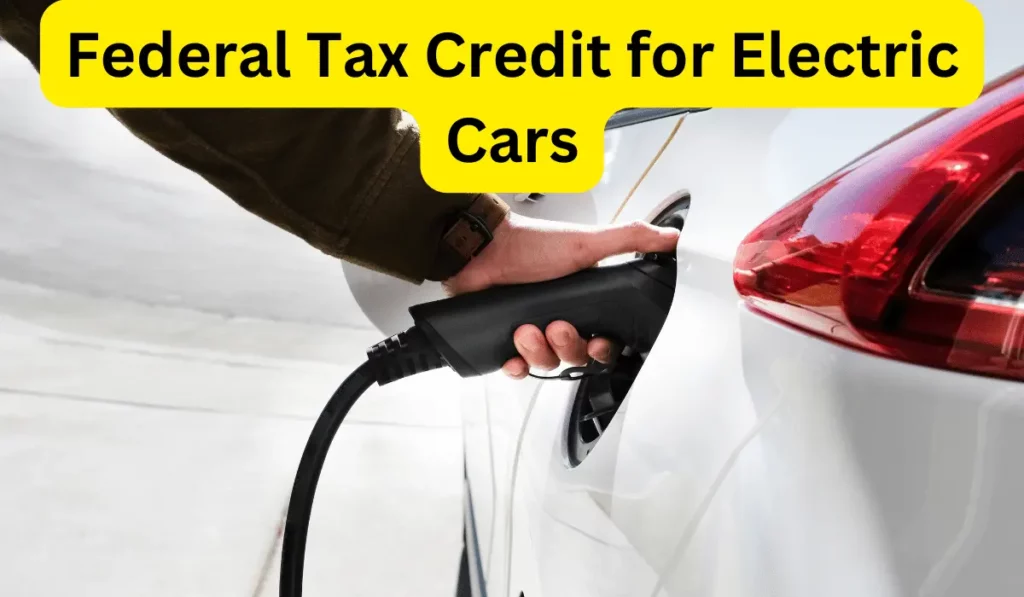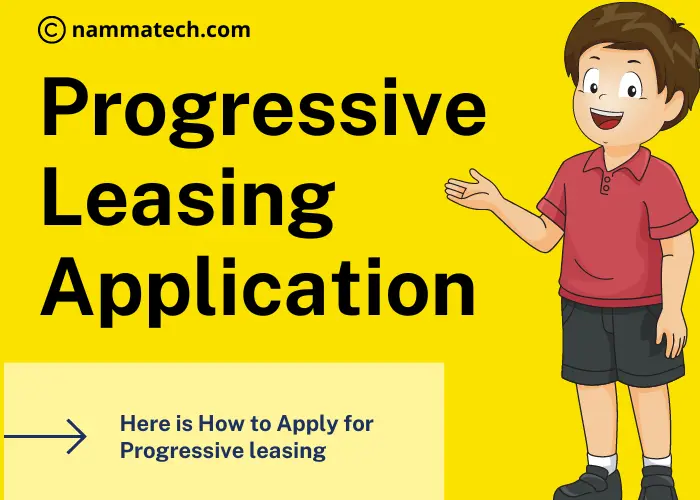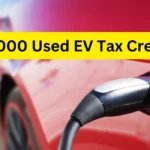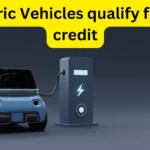If you’re in the market for an EV or even a plug-in hybrid, you’ve probably heard something about a federal incentive we call the EV tax credit. But some big changes have kicked in this year.
Starting with the fact that, barely any cars qualify for the full credit. But don’t worry, there’s some good news for shoppers too. I’m going to explain what’s changed with the tax credit, how to make sure you qualify, and some pro tips for buying or leasing a new EV in 2024.

Electric Cars Federal Tax credit 2024
The EV tax credit is a perk to encourage people in the US to pick an electric car instead of a gas one. Basically, the federal government will give you up to a $7,500 break on your taxes for buying an electric car or a plug-in hybrid. The trick is that you’ve got to meet some income requirements and the car you’re buying has to meet certain criteria to be eligible.
Also Read:- How to qualify for $7500 EV Tax Credit?
Also Read:- Claim $7500 Tesla Federal Tax Credit
EV Tax credit Changes in 2024
The new rules actually make the tax credit a lot more useful if you’re buying a car, and they also add limitations to which cars qualify. But before we get into the good news and the bad news, it’s important to remember that everything I’m talking about applies to buying an electric car either with cash or on a loan. We’ll get to leasing a little bit later.
Quite a bit has changed in 2024, and it’s mostly good news. The first thing to know is that you can now essentially turn your tax credit into a discount right there at the dealership. In the past, you only got your money back after you filed your taxes for the year. But now, as long as you meet the income requirements and the car qualifies, you can transfer the credit to the dealership and have it applied to the price of the car right there and then.
But if your modified adjusted gross income is above any of the limits, you’re going to have to pay the IRS back when you file your taxes. The last big change for 2024 is something labeled as the “foreign entity of concern,” but we’ll get into that in a second.
Requirements
Requirements for EVs and plug-in hybrids to qualify for the tax credit have gotten a little bit stricter in 2024.
To get the whole $7,500 discount, an electric car must meet specific requirements.
The first is that the final assembly of the vehicle must be in either the US, Canada, or Mexico.
The second requirement, and the one that knocked a lot of cars off the list for this year, is related to the “foreign entity of concern” rule. This rule means that for a battery used in electric vehicles, at least half of the parts making up the battery need to be manufactured or assembled in either the United States or a country that has a special trade agreement with the US.
The last box to tick is the pricing requirement. If you’re purchasing an SUV, a van, or a pickup truck, those cars need to have an MSRP of less than $80,000.
Any other qualifying vehicle must have an MSRP of less than $55,000.
Leasing Considerations
Everything we’ve laid out so far is good to know if you’re buying a car, but leasing an EV is a slightly different ball game. As of right now, there’s a little loophole that lets the originator of the lease take the full $7,500 tax credit on a leased EV. But here’s the thing, there’s literally no guarantee that money will be passed on to you. It’s entirely up to whoever gives you the lease.
Conclusion
If you’ve watched me ramble for the last however many minutes and you actually want to do it, make yourself a little checklist. Make sure your income is below the limit set by the government, find an EV that qualifies (especially if you’re buying), and if you’re leasing, find a dealership that’s going to do its best to help you out. Then decide if you want the credit on your taxes or at the time of sale. Last, make sure the dealership files the time of sale report and gives you a copy.
And just like that, you might have a new EV in your garage. Thank you very much for watching. Like the video, subscribe to the channel, and let me get out of this darn rectangle.
FAQs
Yes, there’s a loophole that allows the originator of the lease to take the full tax credit. However, there’s no guarantee that this money will be passed on to you, so it’s important to clarify with the lessor.
An EV qualifies if it meets certain criteria, including where it’s assembled, the origin of its components, and its price. It’s essential to check the updated list of qualifying vehicles, as eligibility criteria may change.
If you owe less than $7,500 in taxes after applying the full tax credit to the purchase of an EV, you won’t need to pay the remaining balance. The dealership will need to submit a time of sale report to the IRS when you buy your EV.
Yes, there are income requirements to qualify for the tax credit. Make sure your income is below the limit set by the government to be eligible for the full credit.
For the most current information about EV tax credits and qualifying vehicles, it’s recommended to check reputable sources like government websites or automotive news outlets. Additionally, consult with your dealership for the latest updates on available incentives.
I am the mind behind nammatech.com. I have an experience of more than 8 years in the digital marketing field. The idea behind starting this blog came when one of my friends find it difficult to fill out the application form. So, I came up with an idea to start a blog on this niche.

![Low-Income Housing for Disabled Adults, Seniors Near me [2024] housing for disabled adults](https://nammatech.com/wp-content/uploads/2023/03/Low-income-housing-for-disabled-with-no-waiting-list-near-me-USA1-150x150.webp)
![Low-Income Housing for Seniors near me in USA [2024] Low-income-housing-for-seniors](https://nammatech.com/wp-content/uploads/2023/03/Low-income-housing-for-seniors-150x150.webp)


![Low-income housing with no waiting list near me in [2024] Low-income housing with no waiting list near me](https://nammatech.com/wp-content/uploads/2023/03/Low-income-housing-with-no-waiting-list-near-me-150x150.webp)


